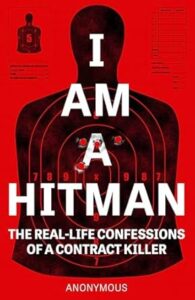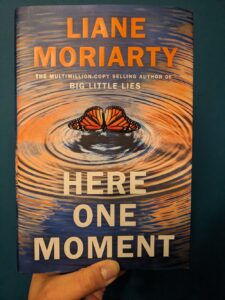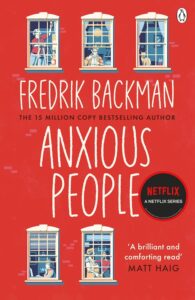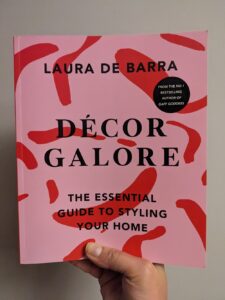Night Watching by Tracy Sierra
Written by Ashley Kelmore, Posted in Reviews
Best for:
Those who want a page turner that has an underlying message about society.
In a nutshell:
Our protagonist isn’t given a name – in fact, no one, I realised only as I started writing this review, has a proper name. Everyone is identified by their relation or role – mother, father, daughter, son. She wakes up in the night to see a man standing in her hallway, and has to make a decision about how to keep her children safe.
Worth quoting:
“Men and their eyes, always thinking they were so subtle.”
“The star on the cover posed with hands on hips and a forward slouch, quote superimposed over the photo reading, ‘I always want things dangerous.’ How safe the world had to have felt to say such a thing. She couldn’t remember it ever feeling that way.”
“Easier to believe a woman’s lying than that bad things happened on your watch. Easier to believe the simplest thing is always correct. And it’s simple to say a woman is crazy.”
Why I chose it:
It was part of a book subscription from Rare Birds – a bookstore in Edinburgh that only stocks books written by women.
Review:
Ah, what a book. I read nearly half on the first night, stayed up too late on the second night, and had to finish it during my lunch hour today.
It’s so hard to write a quality review of this without spoilers, but I will try.
The book takes place mostly over the night in question. The protagonist wakes up to see a man in her house. Her husband isn’t there – we eventually find out why – and she has to think through what to do to keep her children safe. The home is huge, and very old, and labyrinthine, which is an asset to those who know its layout.
She eventually finds a place to hide, but that’s only part of the problem. What if he finds her and the children?
While most of the book focuses on the current predicament, we are taken to different points in the protagonist’s life where men have harmed her or let her down. Her father-in-law, her own father, her husband, strangers. It’s not just the intruder who has frightened her and made her feel powerless; it is many men she has encountered.
Again, avoiding spoilers, but I will say that the emotions I felt while reading this were all over the place, but ultimately I was so glad I read it.
What’s next for this book:
Keep, maybe lend to others.










